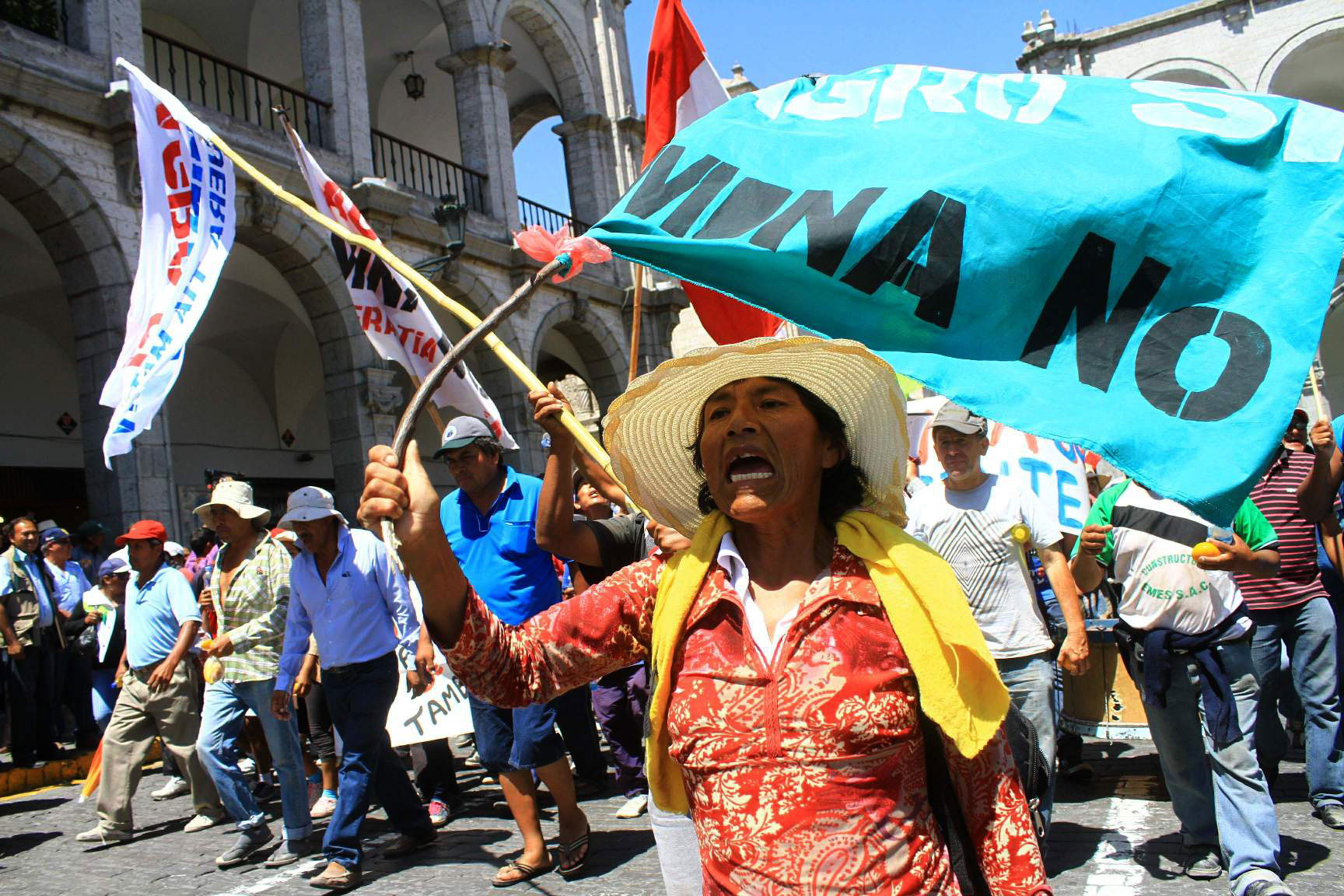Scientific article by ICTA-UAB receives a Sustainability Science Best Paper Award
L'article científic Ecological distribution conflicts es forces for sustainability: an overview and conceptual framework realitzat per investigadors del projecte EnvJustice de l'ICTA-UAB ha estat guardonat amb un dels 2018 Sustainability Science Best Paper Awards, que reconeixen aquelles contribucions científiques que milloren encara més la comprensió de la ciència de la sostenibilitat i posa de manifest alts estàndards de qualitat científica. L'article ha estat reconegut amb una menció honorífica.

The international journal Sustainability Science has considered all papers published in 2018 excluding note and comments, editorials, message article and papers authored by a member of the committee. From a total of 102 eligible papers published in 6 issues of 2018, 3 winners (1 outstanding paper and 2 honorable mentions) have been chosen following their selection process. Their entire advisory board along with selected active editors are encouraged to nominate papers which members feel make a particularly good contribution to the advancement of sustainability science. The nominated papers are then ranked based on reviewer impressions and downloads, among other criteria, and then are hand selected by the nominating committee.
The members of the jury have congratulated the authors for their hard work on this significant accomplishment. They believe authors deserve recognition for diligent work beyond a citation count and other article metrics.
This award provides acknowledgements to the winning paper in the form of an award plate, certificates and a €200 book voucher from Springer. Winning papers will also be available open access for 2 months as of the July issue publication.
ICTA-UAB article, entitled Ecological distribution conflicts as forces for sustainability: an overview and conceptual framework, has been written by ICTA-UAB researchers Arnim Scheidel, Leah Temper, Federico Demaria and Joan Martínez-Alier. It was published in May 2018.
The article works on the assumption that conflicts over environmental degradation, pollution and access to natural resources are frequently portrayed from a destructive angle that analyzes resource use concerns, injustices or violent tensions between actors. But can such environmental conflicts also unleash creative and constructive processes relevant for sustainability? This paper illustrates how contentious encounters may turn into potent forces for both justice and sustainability. A systematic view on the dynamic interactions between societal resource uses, environmental conflicts, social mobilizations and sustainability transitions is put forward.
The authors argue that environmental conflicts hold tremendous power for change, when affected people come together and resist being further polluted or dispossessed from environments upon which their livelihoods depend. Civil society movements, born out of such conflicts, contribute to sustainability transitions by monitoring and politicizing social and environmental unsustainabilities. Sometimes, they also stop them through radical and contentious actions or develop and point toward urgently needed alternatives. Many stories from across the globe illustrate the authors’ argument and show how environmental conflicts can turn into important spaces of social and environmental transformation.
Article: https://link.springer.com/article/10.1007/s11625-017-0519-0